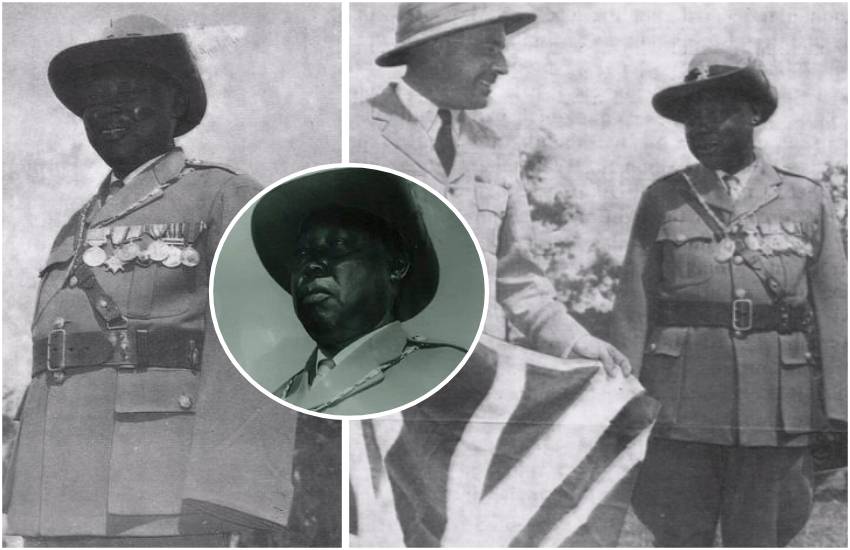
When history student Levin Opiyo posted the imposing mugshot of Chief Kasina Ndoo dressed in colonial administrators' uniform with medals dangling on his limbless torso, nothing prepared him for the emotional barbs that ensued between his off-springs and descendants of his subjects.
In the Facebook post last week, Opiyo had given a short narration of Kasina’s exploits as colonial chief over the emergency period, attending Queen Elizabeth’s coronation in 1953, to having his limbs chopped off later that year by unknown people.